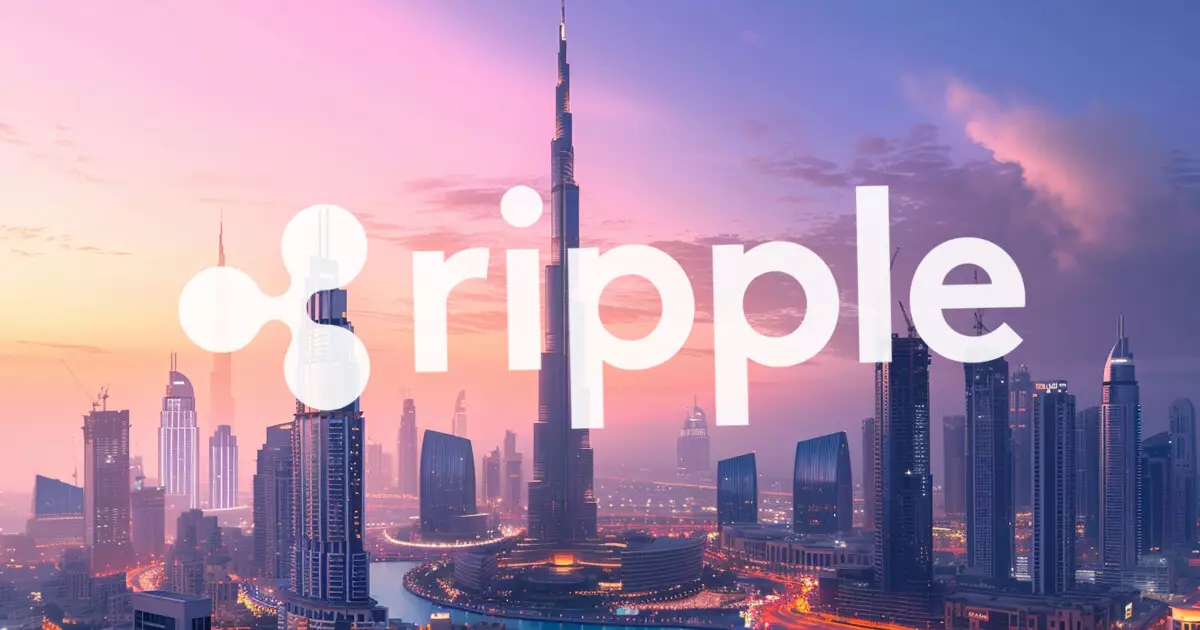Ripple has recently achieved a notable milestone by securing in-principle approval from the Dubai Financial Services Authority (DFSA). This momentous approval positions Ripple as the first blockchain-based payment service provider to receive a license from the DFSA, signaling its commitment to drive innovation within the financial services sector of the United Arab Emirates (UAE). Announced on October 1, this move solidifies Ripple’s status as a regulated entity and enhances its existing portfolio, which already boasts more than 55 licenses across the globe, including notable authorizations from the Monetary Authority of Singapore (MAS) and the New York Department of Financial Services (NYDFS).
With this new license, Ripple anticipates a significant expansion of its operations within the Dubai International Financial Centre (DIFC). The license allows Ripple to implement its state-of-the-art digital asset infrastructure throughout the UAE. One of the key components of this infrastructure is Ripple Payments Direct (RPD), which aims to streamline cross-border payments, offering a faster and more cost-effective alternative to existing solutions. This critical development aligns with Ripple’s overarching goal of enhancing the efficiency of financial transactions while maintaining a strong focus on regulatory compliance.
The implications of Ripple’s recent licensing extend beyond mere operational growth; they position the company as a formidable competitor in the cross-border payments arena. Investment bank Houlihan Lokey has identified Ripple’s ascension as a potential threat to SWIFT, the long-standing leader in international payments. While SWIFT remains the preferred messaging network, the emergence of alternatives—like blockchain solutions such as Ripple, alongside fintech companies—presents a diversified challenge to traditional payment models. As industry players adapt to technological advancements, Ripple’s innovative approach may well alter the dynamics of cross-border financial transactions.
Ripple’s strategy for growth in the Middle East is intricately linked to the region’s rapidly evolving regulatory landscape. Establishing its regional headquarters in Dubai in 2020 was a pivotal move, allowing Ripple to capitalize on the UAE’s clarity in regulations, which has fostered a conducive environment for crypto-related businesses. The UAE’s regulatory framework not only supports Ripple’s operations but also opens pathways to burgeoning markets across Africa and South Asia, further broadening its reach and influence.
Ripple’s recent approval from the DFSA marks a significant step forward in its mission to transform the landscape of global payments. By creating a robust foundation for its operations in the UAE, Ripple is poised to leverage this opportunity to enhance its services, integrate deeper into the regulatory framework, and establish itself as a key player in the international financial ecosystem. As the firm embarks on this new chapter, its focus on innovation and regulation could deliver groundbreaking changes that redefine how cross-border payments operate worldwide.


Leave a Reply